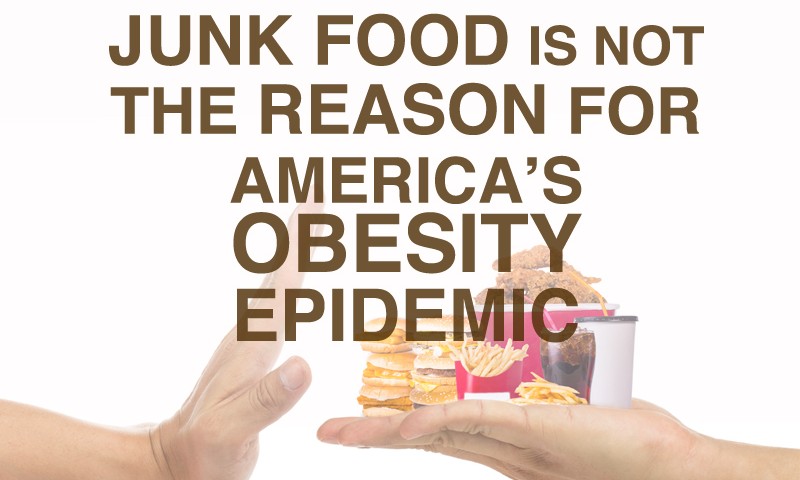A new study developed by Cornell University researchers suggests that the impact of eating fast food and drinking soda has been exaggerated, and that an effective fight against obesity is more complex than just targeting an unhealthy group of foods. The study, entitled “Fast Food, Soft Drink, and Candy Intake is Unrelated to Body Mass Index for 95% of American Adults” was published in Obesity Science & Practice.
Efforts to ease obesity have long concentrated on health policies and public awareness targeted to a specific group of “evil” foods: fast food, candy, and soda. This causality is so ingrained in patients’ and the public’s minds that often banishing these foods is seen as the most important step in preventing or targeting obesity in children and adults. Two researchers at Cornell have investigated this hypothesis and their conclusions surprisingly suggest otherwise.
Professors David Just and Brian Wansink of Cornell’s Charles H. Dyson School of Applied Economics and Management examined U.S. data of people’s food intake habits and their body mass index (BMI). The analysis found no correlation between BMI and consumption of soda, fast food and candy, in all people except the chronically underweight or morbidly obese population. According to the researchers, this means that previous studies that pointed to a positive correlation in all the population, regardless of personal characteristics, failed to recognize the effect of the roughly 5% of obese or underweight individuals in distorting the data analysis and conclusions.
Furthermore, the research indicates that normal weight and obese people in this data set consume nearly the same amount of this unhealthy group of food, leading them to believe that this habit is not the sole cause of obesity. Dr. Just commented on the results in a press release, stating, “Simply put, just because those things can lead you to get fat doesn’t mean that’s what is making us fat. By targeting just these vilified foods, we are creating policies that are not just highly ineffective, but may be self-defeating as it distracts from the real underlying causes of obesity.”
The approach taken by health authorities not only poorly manages resources on just one of the potential causes of obesity, but also misleads patients to believe that only one lifestyle change will fix the problem of excess weight. While maintaining that junk food and soda are indeed unhealthy, according to an enormous amount of research, researchers conclude that sedentary activity (too little exercise) and low intake of healthy foods (fruits and vegetables) are as important in the onset of obesity, and more efforts should be made to put these two topics on community health decisions and awareness.


